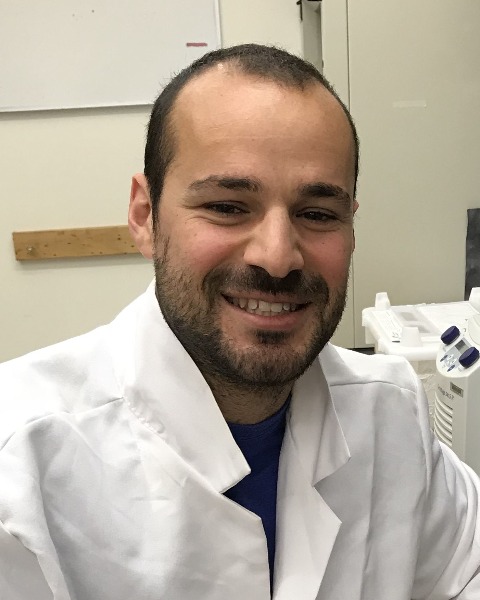ACT
A17: A Novel Ex vivo Organotypic Culture Platform for Functional Interrogation of Appendiceal Cancer Reveals CDK4/6 Inhibition as an Actionable Therapeutic Approach

Jonathan Weitz, PhD
Postdoctoral Fellow
University of California, San Diego
San Diego, California, United StatesDisclosure: I do not have any relevant financial / non-financial relationships with any proprietary interests.
Abstract Presenter(s)
Mucinous appendiceal neoplasms are rare and often clinically present with peritoneal metastasis. Models to study appendix cancer biology are limited since in-vivo and in vitro models are largely unavailable. We recently reported long-term disease control of mucinous carcinomatosis-low grade in a patient who had recurred after CRS/HIPEC and systemic chemotherapy by using a single agent Palbociclib, an FDA approved cell cycle inhibitor targeting cyclin-dependent kinases 4/6. To study this disease, we have adopted an ex-vivo approach using precision cut organotypic slices derived from human tumor resections to test if Palbociclib inhibits tumor cell proliferation in appendiceal neoplasms.
Methods:
Tumor samples were collected via an institutional biorepository from patients undergoing surgical resection. Slice cultures were performed by cutting 200 µm sections using a vibratome and maintained in culture media on top of transwell inserts. Slices were tested with and without treatment for changes in cellular and functional characteristics over a 7-day period. Cell proliferation was assessed using EdU and viability was measured using Calcein-AM and Propidium iodide.
Results:
Tissue slices maintained their cellular composition regarding the proportion of epithelial, immune and fibroblasts during extended culture as measured by cytometry and immunostaining. Viability was > 60-80% after 7 days in culture, and EdU labeled tumor slices showed evidence of proliferation over 5 days (mean 125.3 EdU+ cells/1000, n = 4). Treatment with Palbociclib reduced the proliferation of tumor cells appendiceal slices in all donors (4/4) compared to vehicle control (6-fold, p = .0004, t-test), and slice cultures from pancreatic cancer (3.9-fold, p = .0039, t-test).
Conclusions:
Our study demonstrates a novel approach for pharmacotyping and studying the pathophysiology of appendiceal cancer, a notoriously difficult disease to model. Using human tumor tissue, we have identified a Palbociclib, a FDA approved drug, as a potential candidate for therapeutic treatment of mucinous appendiceal neoplasms.
Learning Objectives:
- Carry out slice culture experiments using tumor resections from appendiceal neoplasms.
- Integrate slice culture models for the use of translational research.
- Define Palbociclib as an potential actionable therapeutic for appendiceal neoplasms.
